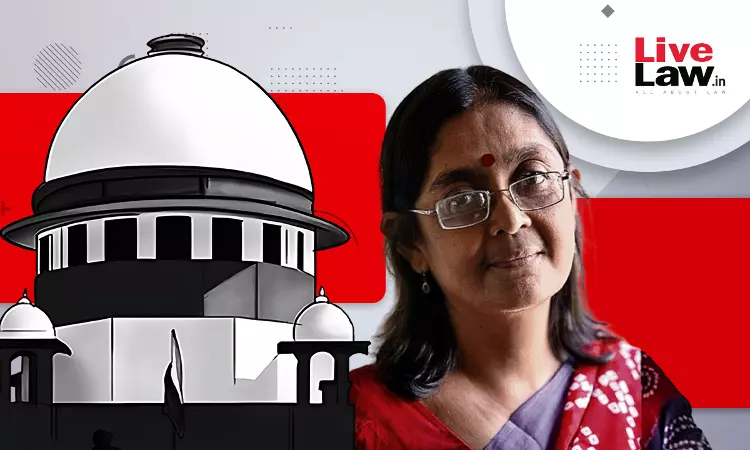Bhima-Koregaon | Supreme Court Adjourns UAPA Accused Shoma Sen's Bail Hearing Until January 10
Awstika Das
7 Dec 2023 11:32 AM IST

'Were Fresh Allegations Made In Supplementary Chargesheets And Did The High Court Consider Them?' Supreme Court Asks During Shoma Sen's Bail Hearing
Next Story


